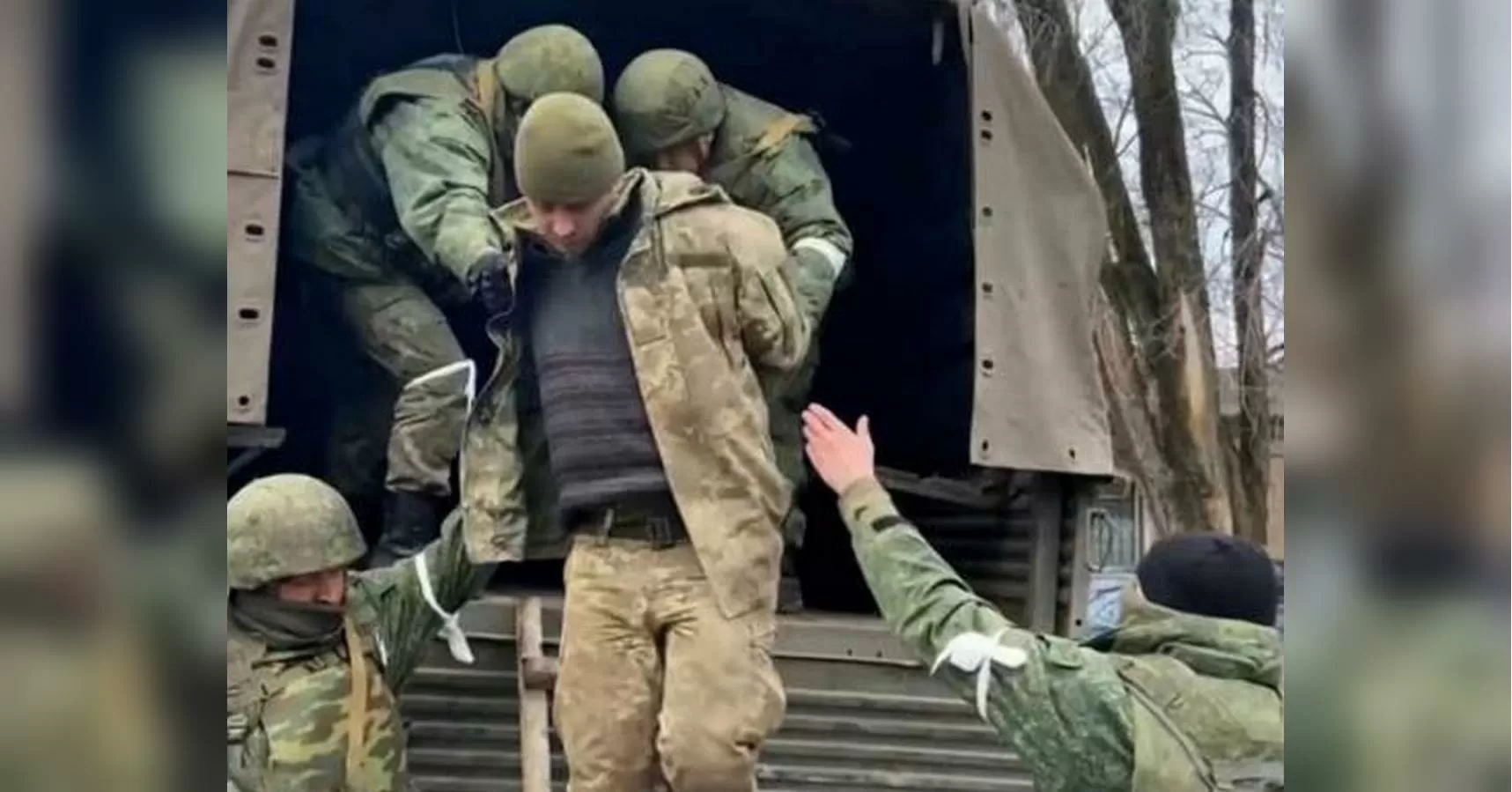According to Alexander Pavlichenko, the International Criminal Court (ICC) does not currently address the killings of Ukrainian prisoners of war by Russians. This statement has sparked controversy and has brought attention to the ongoing conflict between Ukraine and Russia.
The International Criminal Court, also called the ICC, is a permanent international criminal court located in The Hague, Netherlands. Its main purpose is to prosecute individuals for genocide, crimes against humanity, war crimes, and crimes of aggression. The ICC was established in 2002 and has a wide jurisdiction to investigate and prosecute individuals regardless of their nationality or where the crime was committed.
The conflict between Ukraine and Russia has been ongoing since 2014 when Russia annexed Crimea and supported separatist groups in eastern Ukraine. The conflict has resulted in thousands of deaths and has caused tension between the two countries. In this context, Pavlichenko’s statement has raised concerns about the ICC’s role in addressing this conflict.
Pavlichenko, the head of the Ukrainian Parliament Committee on National Security and Defense, made the statement during a conference in Berlin where he discussed the ongoing conflict in eastern Ukraine. He argued that the ICC does not have jurisdiction over the crimes committed by Russians in Ukraine, including the killings of Ukrainian soldiers who have been taken as prisoners of war. According to Pavlichenko, the ICC only has jurisdiction over crimes committed on the territory of Ukraine after February 2014, when Ukraine became a member of the ICC.
This statement has been met with criticism from human rights organizations and international experts. They argue that the ICC has jurisdiction over war crimes committed by any individual, regardless of their nationality, as long as the crime was committed on the territory of a state party to the Rome Statute, the treaty that established the ICC. The Rome Statute also includes provisions that allow the ICC to investigate crimes committed by non-state parties on the territory of a state party, with the consent of that state.
In the case of Ukraine and Russia, Ukraine is a state party to the Rome Statute, while Russia is not. However, as the conflict is taking place on Ukrainian territory, the ICC could potentially investigate and prosecute individuals from both sides with Ukraine’s consent. This has been done in other conflicts, such as the armed conflict in Georgia in 2008, where the ICC has investigated crimes committed by both Georgian and Russian forces.
Pavlichenko’s statement has also been met with concern from the families of Ukrainian soldiers who have been taken as prisoners of war. They argue that these soldiers are victims of war crimes, and the ICC should investigate and hold accountable those responsible for their deaths. Some have even called for Ukraine to ratify the Rome Statute and give the ICC jurisdiction over crimes committed on its territory before and after 2014.
The ICC has yet to make an official statement regarding Pavlichenko’s comments, but it is clear that this issue has brought attention to the ongoing conflict in eastern Ukraine and the role of the ICC in addressing it. Despite the criticism, Pavlichenko’s statement has also shed light on the challenges the ICC faces in dealing with non-state parties to the Rome Statute and the limitations of its jurisdiction.
Nevertheless, the ICC remains an important mechanism for accountability and justice in situations of armed conflict. It is important for all states to cooperate with the ICC, ratify the Rome Statute, and support the work of the Court. While the ICC may not have jurisdiction over all crimes committed during the conflict between Ukraine and Russia, it can still play a role in bringing perpetrators of war crimes and crimes against humanity to justice.
In conclusion, Alexander Pavlichenko’s statement regarding the ICC’s jurisdiction over the killings of Ukrainian prisoners of war has raised valid concerns and sparked important discussions. It has highlighted the need for all states to cooperate with the ICC and ensure that justice is served for victims of war crimes and crimes against humanity. While the ICC may not be able to address all crimes committed in the conflict between Ukraine and Russia, it is an essential mechanism for accountability and a step towards peace and reconciliation.

